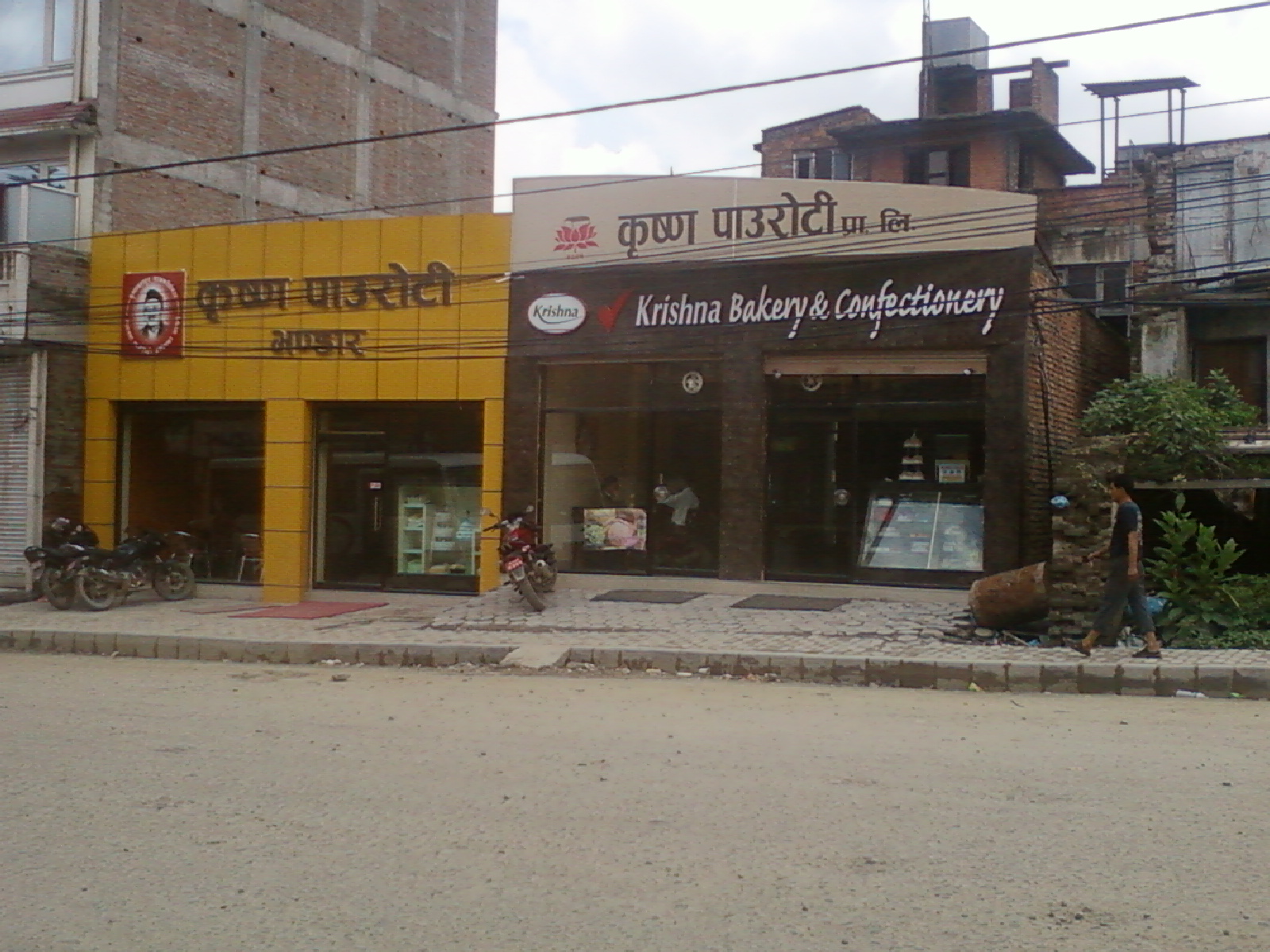

Oftentimes we see similar businesses that provide identical services under different monikers operating side-by-side, eating away at their own customer base. In the context of Kathmandu, it is evidently seen in almost every street, Putalisadak is known as the consultancy hub, Kamalpokhari road sells all bakes and bread, and the lassi shops in ‘Indrachowk’ are clustered right next to one another. Why? Isn’t that unhealthy competition? Won’t distancing the business be more profitable than clustering them?